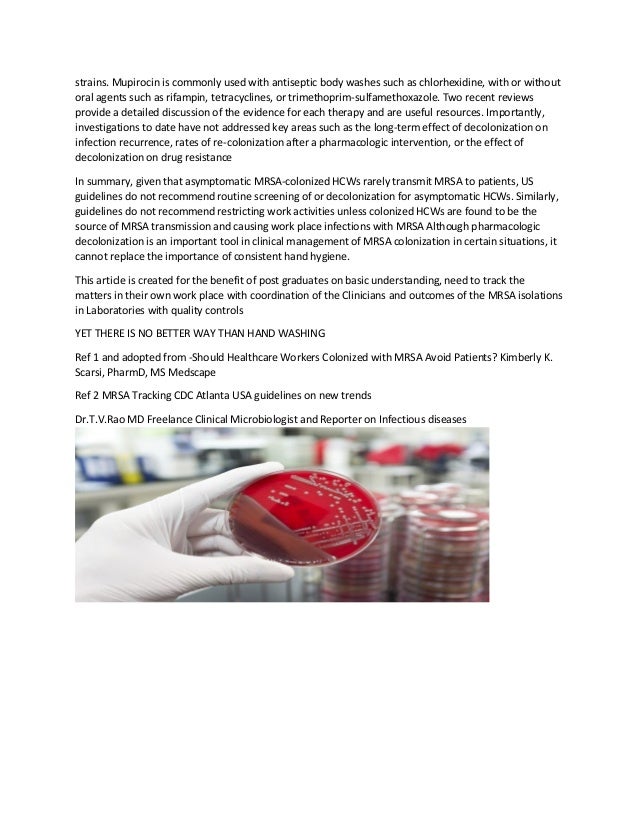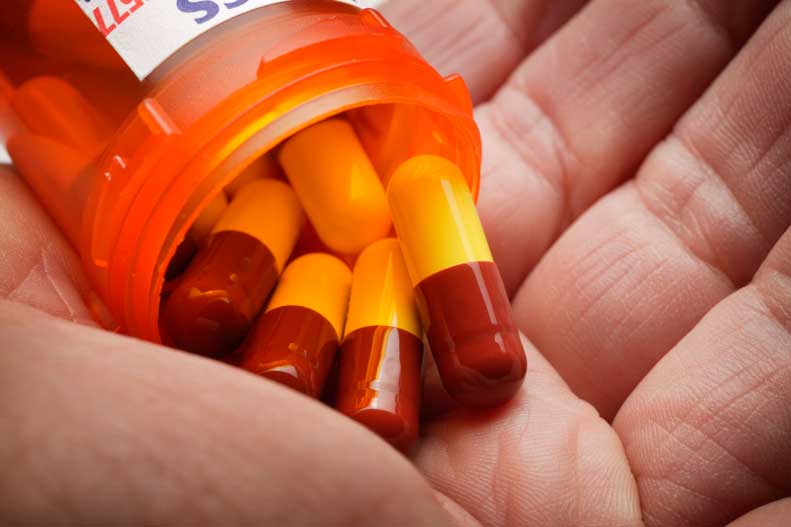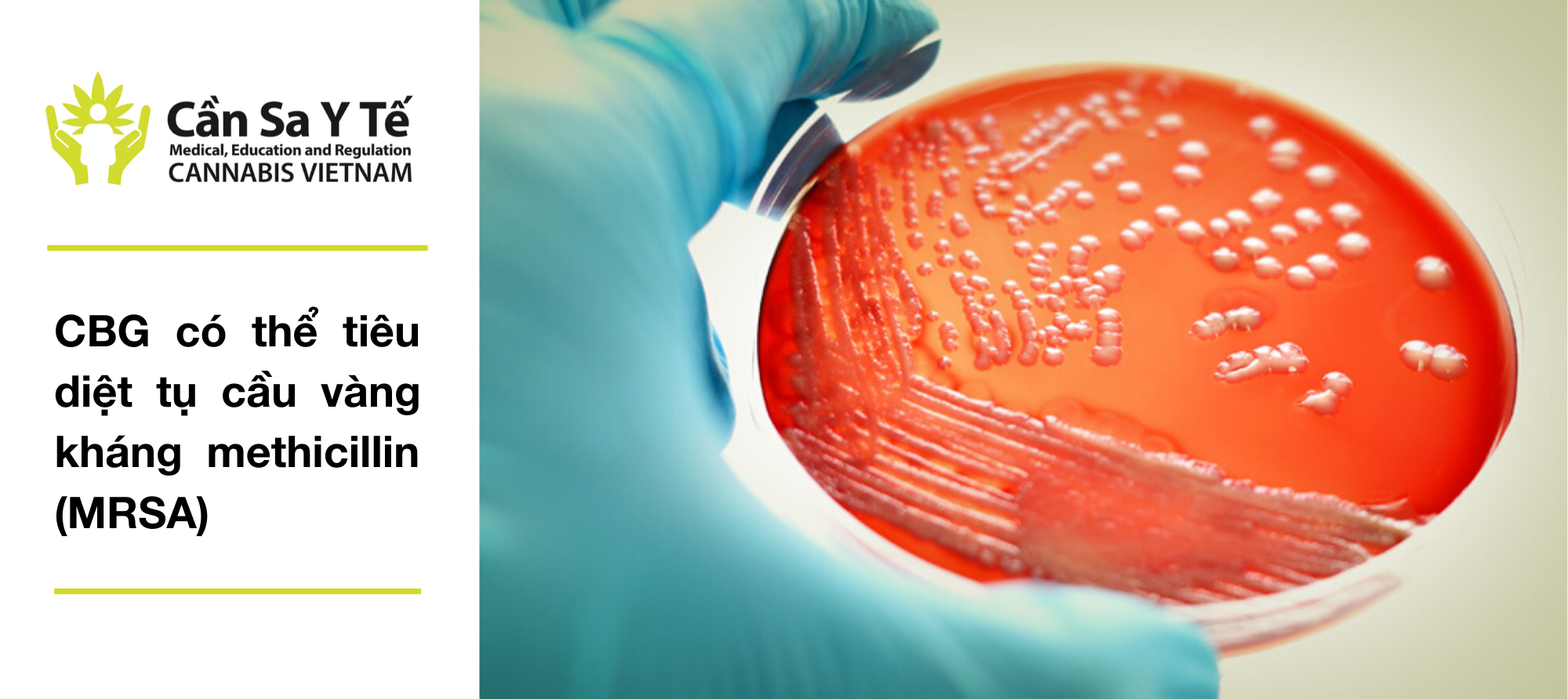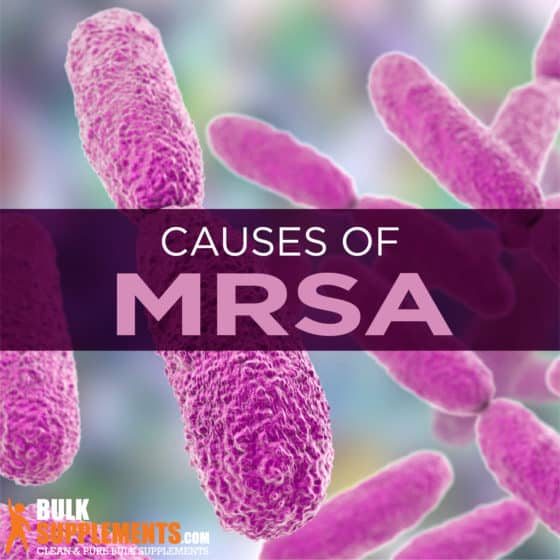Lessons I Learned From Tips About How To Deal With Mrsa

Apply the sanitizer to one hand, rub your hands together, trying to cover all surfaces of your hands and fingers until your hands are dry.
How to deal with mrsa. More severe infections may require intravenous antibiotic treatment. People who have mrsa germs on. In most cases, mrsa is easily treated.
Mrsa in healthcare settings. Here’s our process. But mrsa infections can be serious, so make sure.
For a local skin mrsa infection, draining the abscess at the doctor's office is usually the only treatment needed. Top of page how is mrsa spread? Encourage workers to practice good hand hygiene.
Find your nearest a&e treatments for mrsa mrsa can be treated with antibiotics. Complete the dosage of antibiotics. Staph infections—including those caused by mrsa—can spread in hospitals, other healthcare facilities, and in the community where you live, work, and go to school.
There are steps you can take to prevent mrsa infections in the community where you live, work, and play. Eat right, exercise, quit smoking, and avoid stress. The infection caused by mrsa is very easy to spread.
Keep skin infections covered to avoid. Take good care of your skin. Mrsa at home & in the community.
The sample is sent to a lab where it's placed in a dish of nutrients that encourage. Mrsa at home has been written to help patients, families and carers who may be concerned about a diagnosis of mrsa and how to deal. Ensure that surfaces contaminated with mrsa drainage or.
The healing stages for mrsa wounds vary based on how. Mrsa is responsible for about 60 percent of skin and soft tissue infections seen in emergency rooms, and invasive mrsa kills about 18,000 people annually. Mrsa treatment often also involves wound care, such as cleaning and draining the area of infection.
The demographic and clinical characteristics of the 77 patients with mrsa bacteremia are presented in table 1.the median age of the patients was 1.0 year. Ensure the performance of routine workplace housekeeping. How can i clean and disinfect surfaces to.
Use standard precautions (e.g., hand hygiene before and after contact, wearing gloves) when caring for broken skin (open wounds) or potential infections. It is very important to take all of the antibiotics exactly as your healthcare provider prescribes.


















